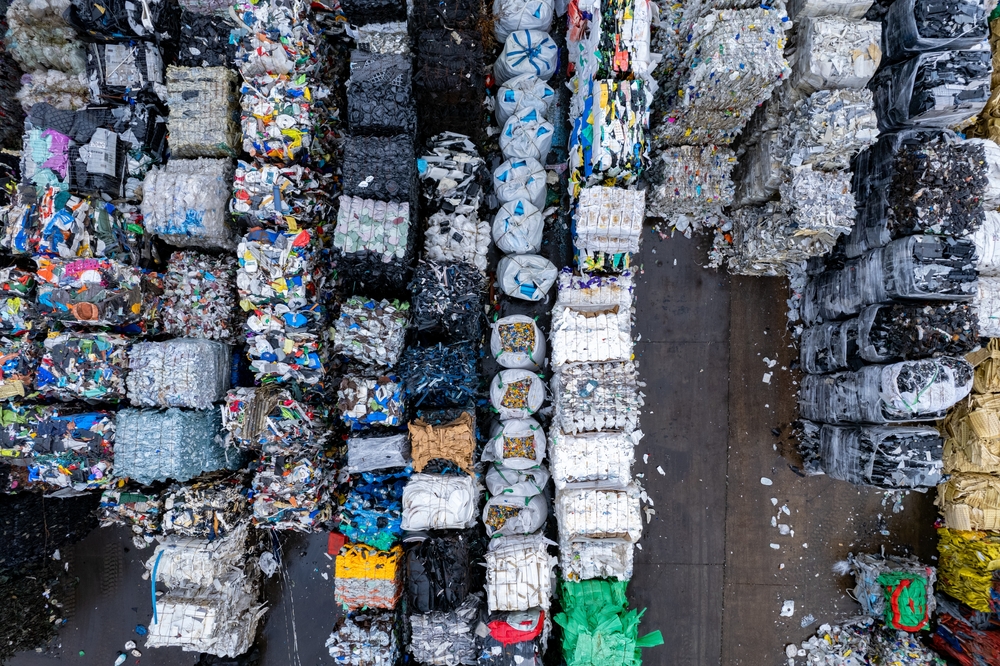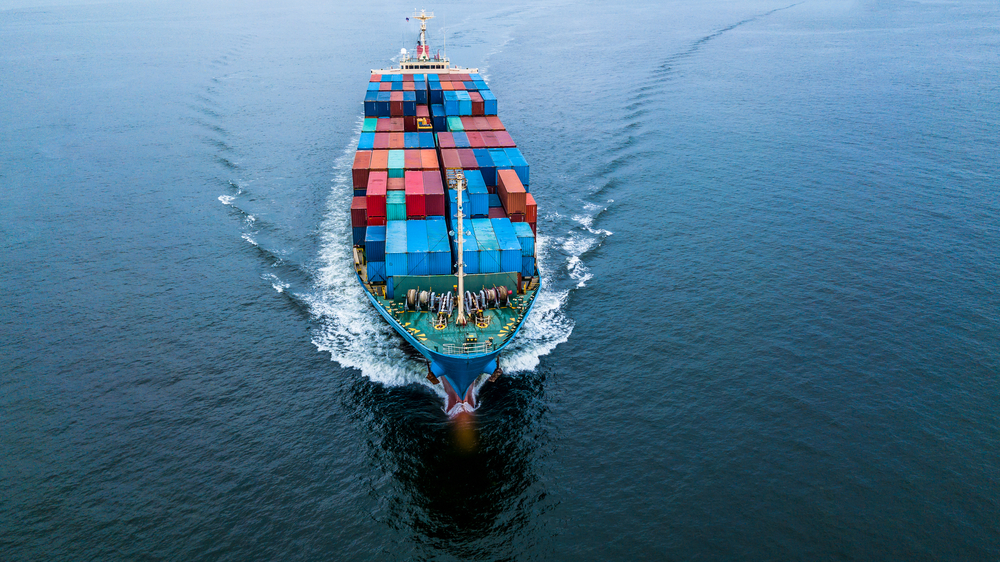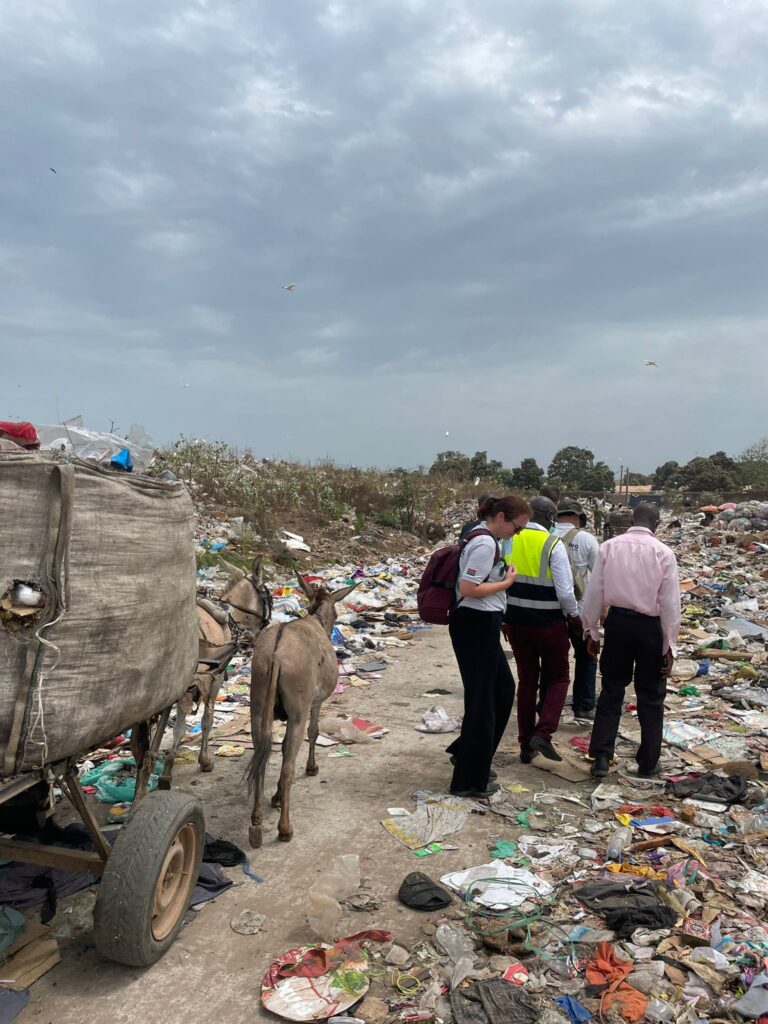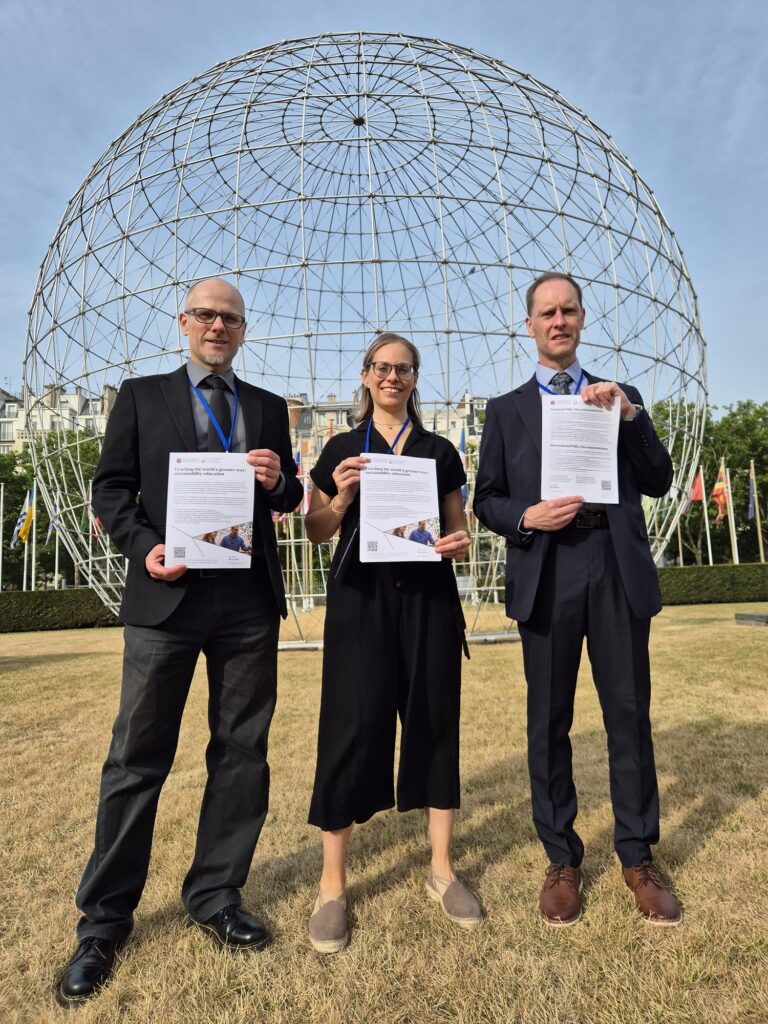After the proposals were adopted with 594 votes in favour, five against and 43 abstentions, the European Parliament says MEPs are now ready to start negotiations with EU member states.
Within the adopted text, MEPs support banning shipments of all wastes destined for disposal within the EU, except if authorised in “limited and well justified cases”. EU exports of hazardous waste to non-OECD countries would also be prohibited.
Exporting non-hazardous waste for recovery would be allowed only to those non-OECD countries that give their consent and “demonstrate their ability to treat this waste sustainably”. MEPs also want to ban the export of plastic waste to non-OECD countries and to phase out its export to OECD countries within four years.
And, the European Parliament called for the creation of a risk-based targeting mechanism to guide EU countries that carry out inspections to prevent and detect illegal shipments of waste.
European Parliament rapporteur Pernille Weiss described the adoption of the negotiation position as “a true win for the next generations”.
However, trade associations including the Brussels-based European Recycling Industries’ Confederation (EuRIC) expressed “dismay” at the proposals, saying they undermined the trade of recycled materials.
UK
With the UK having left the EU, the regulations do not affect most home nations, though they still apply to Northern Ireland, via the Northern Ireland Protocol arrangements.
However, Patrick McKell, Defra’s head of international waste shipments, told the RDF Conference in November 2021 the revisions would impact UK exporters of refuse derived fuel, who should engage with European trade associations and officials (see letsrecycle.com story).
‘One-size-fits-all approach’
EuRIC says the European Parliament has adopted a “one-size-fits-all approach” to exports, whereby the same restrictions apply to low-quality mixed plastic waste as for high-value raw materials from recycling.

By failing to distinguish between the two, up to 80% of metals and paper recyclers expect losses in turnover and up to 50% expect job losses, EuRIC claims.
Emmanuel Katrakis, EuRIC’s secretary general, said: “Recycled materials already struggle to compete with extracted raw materials. If current waste shipment proposals are adopted, this will be yet another major setback for Europe’s recycling industries and our climate ambitions.
“If the EU wants a vibrant recycling industry that leads the circular economy transition and reinvests in Europe, it must establish rules that accelerate rather than impede demand for recycled materials.”
‘De facto exports ban’
European private waste management trade association FEAD said the proposed exports regime was seen as a “de facto export ban” and it was “very concerned” about the outcome of the vote related to plastic waste shipments.

Claudia Mensi, FEAD’s president, said: “We must avoid a de facto ban and work with a more nuanced waste-stream-specific approach and reasonable administrative burdens for third countries.
“Non-hazardous ‘green listed’ waste is a commodity and, when there is no sufficient demand in the EU, it must continue to be possible to ship it outside the EU, where it will be reincorporated in manufacturing processes.”
FEAD called for “a strong demand of secondary raw materials and safe waste shipments with clear, efficient, and harmonised rules”, to enable the re-incorporation of those materials back into the circular economy.
And, the Brussels-based Bureau of International Recycling said it “fully supports” regulations that aim at the protection of both human health and the environment, but also backs the movement of recyclables to “facilities that are environmentally soundly managed” and the continuation of transport of raw materials from recycling to manufacturing industries in the global circular economy.
Reforms
The European Commission first tabled proposals to reform the EU’s rules on waste shipments in November 2021, laying down procedures and control measures depending on their origin, destination and transport route, the type of waste shipped and its treatment (see letsrecycle.com story).
We must turn waste into resources in the common market and thereby take better care of our environment and competitiveness
- European Parliament rapporteur Pernille Weiss
EU exports of waste to non-EU countries reached 32.7 million tonnes in 2020, the European Parliament says, representing about 16% of the global trade in waste.
Around 67 million tonnes of waste are shipped between EU countries every year, the European Parliament says.
Following Monday’s debate, Ms Weiss added: “We must turn waste into resources in the common market and thereby take better care of our environment and competitiveness.
“The new rules will also make it easier for us to combat waste crime inside and outside EU.
“And, with the export ban on plastic waste that we suggest, we are pushing for a much more innovative and circular economy wherever plastic is involved.”









Subscribe for free